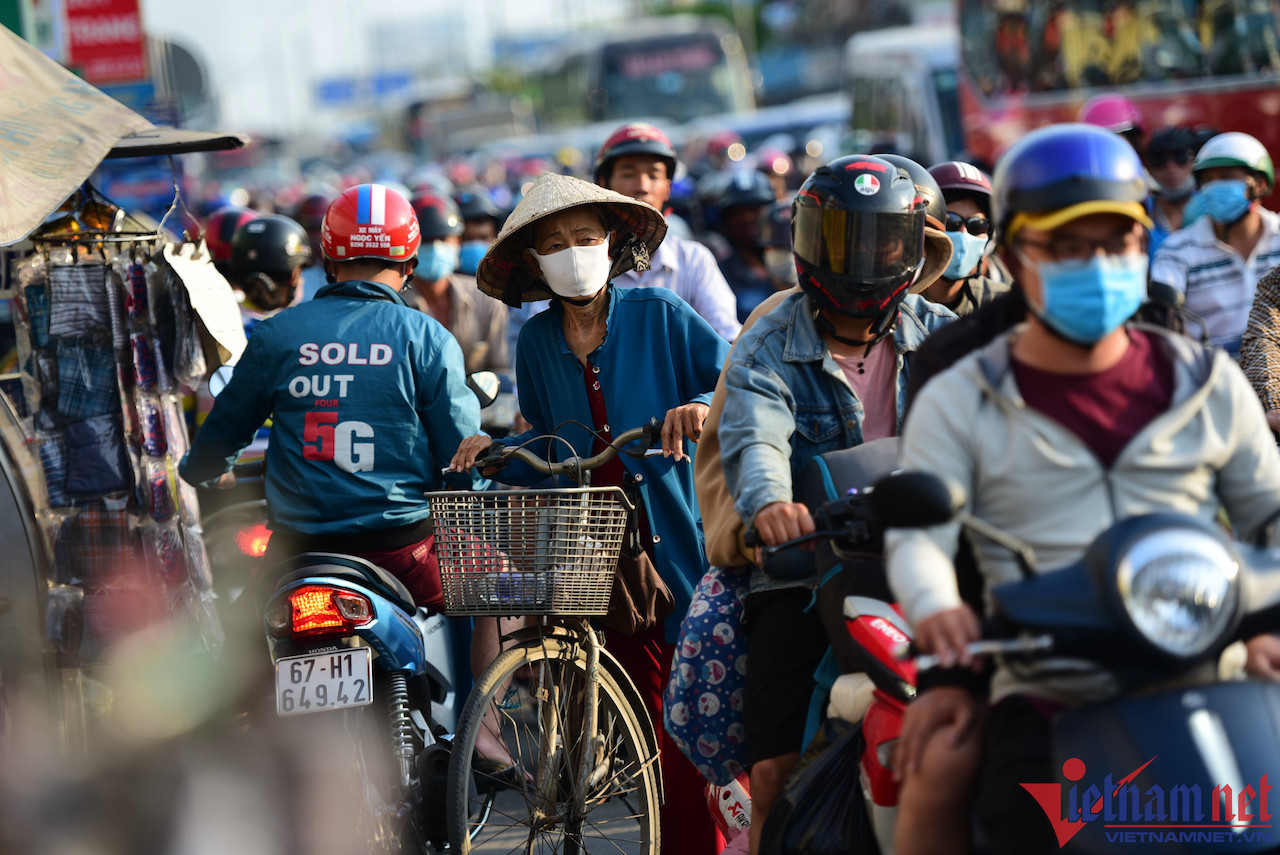According to Tran Huu Minh, Chief of the Office of the National Traffic Safety Committee, as of September, Vietnam has over 77 million registered motorcycles, resulting in a motorcycle ownership rate of 770 per 1,000 people - one of the highest globally.
Significant share of traffic accidents involving motorcycles
At the international seminar titled "Motorcycle Traffic Safety: Challenges and Lessons Learned" held on November 4-5, Tran Huu Minh highlighted Vietnam's exceptional rate of motorcycle ownership and usage.
As of September, more than 77 million motorcycles were registered nationwide, placing the ownership rate at 770 motorcycles per 1,000 people, among the highest in the world.

Given the unique context of urban planning and inadequate transportation infrastructure, the advantages of motorcycles - such as relatively high speed, cargo capacity, flexibility, mobility, convenience, and low operating costs - are even more pronounced when compared to other forms of transport.
Unlike countries where extreme weather conditions make motorcycle use impractical, Vietnam's climate allows year-round motorcycle operation, contributing to its high ownership and usage rate.
Despite plans to manage and restrict motorcycle use more tightly, motorcycles remain the primary mode of transport for the majority of Vietnamese people, accounting for 85-90% of road traffic and being associated with 60-70% of road traffic accidents.
Safety recommendations and speed limit adjustments
Dr. Qingfeng Li, Deputy Director of the International Injury Research Unit, stated that global road traffic accidents result in approximately 1.19 million deaths annually. Motorcyclists are more vulnerable to injuries compared to car users, with head injuries being the leading cause of severe trauma and fatalities.
In Vietnam, where motorcycles represent 95% of vehicles on the road, promoting helmet use has been a significant success through a combination of production, sales, and enforcement efforts. However, 3 out of 5 road traffic deaths still involve motorcycles, and 75% of these are due to head injuries.

To enhance safety, Dr. Qingfeng Li emphasized that all motorcycle and motorized vehicle users must wear properly secured, standard helmets.
Greg Smith, Global Program Director at iRAP, suggested that infrastructure managers, researchers, and local organizations update and promote road design standards, manuals, and safety guidelines to improve traffic safety for two-wheel vehicle users.
"Ensuring safe traffic organization for all modes of transport, including pedestrians, cyclists, and motorcyclists, requires considering a speed reduction to 30 km/h in areas with high vehicle density," Smith proposed.
Additionally, management agencies should implement star safety ratings for roads and develop plans for speed management, maintenance, and upgrades to ensure that at least 75% of roads achieve a safety rating of three stars or higher.
N. Huyen